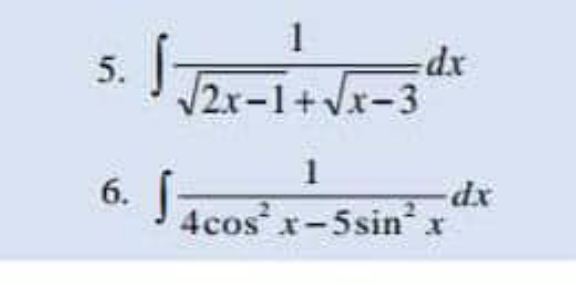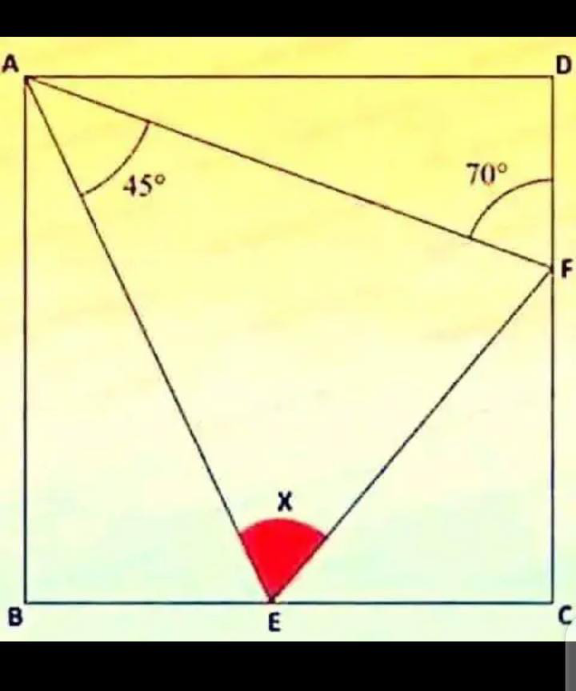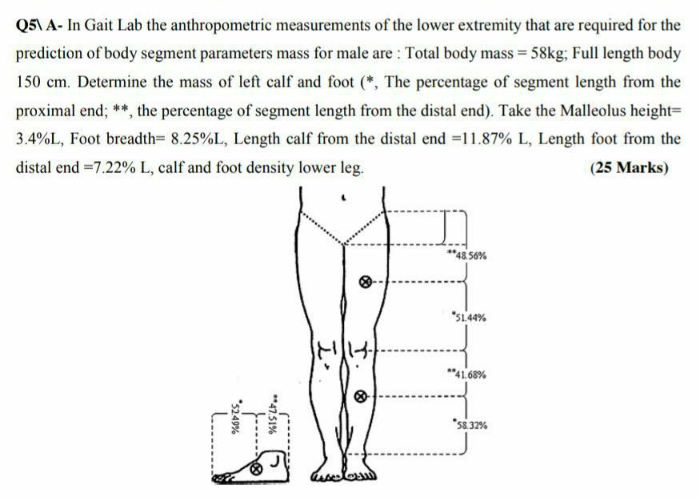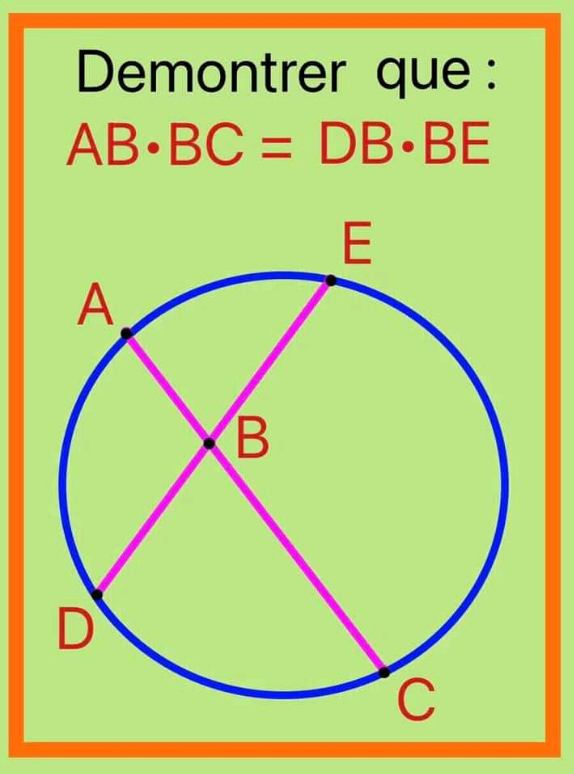
AllQuestion and Answers: Page 380
Question Number 183845 Answers: 2 Comments: 0

Question Number 183844 Answers: 2 Comments: 0

Question Number 183843 Answers: 1 Comments: 0

Question Number 183835 Answers: 2 Comments: 0
Question Number 183827 Answers: 1 Comments: 0
Question Number 183825 Answers: 1 Comments: 0
Question Number 183815 Answers: 1 Comments: 0

Question Number 183814 Answers: 1 Comments: 0
Question Number 183806 Answers: 1 Comments: 0
$$\:\:\int\:\frac{\sqrt{{x}+\sqrt{{x}^{\mathrm{2}} +\mathrm{25}}}}{{x}}\:{dx}\:=? \\ $$
Question Number 183803 Answers: 1 Comments: 0

Question Number 183783 Answers: 0 Comments: 0

Question Number 183777 Answers: 2 Comments: 1

Question Number 183776 Answers: 0 Comments: 0

Question Number 183773 Answers: 2 Comments: 0
Question Number 183767 Answers: 1 Comments: 0

Question Number 183766 Answers: 1 Comments: 0

Question Number 183769 Answers: 0 Comments: 4
Question Number 183761 Answers: 1 Comments: 0
Question Number 183795 Answers: 2 Comments: 0

Question Number 183794 Answers: 0 Comments: 1
Question Number 183756 Answers: 2 Comments: 0
Question Number 183750 Answers: 1 Comments: 0

Question Number 183747 Answers: 1 Comments: 0
Question Number 183746 Answers: 1 Comments: 5
Question Number 183737 Answers: 2 Comments: 0

Question Number 183734 Answers: 1 Comments: 0

Pg 375 Pg 376 Pg 377 Pg 378 Pg 379 Pg 380 Pg 381 Pg 382 Pg 383 Pg 384
